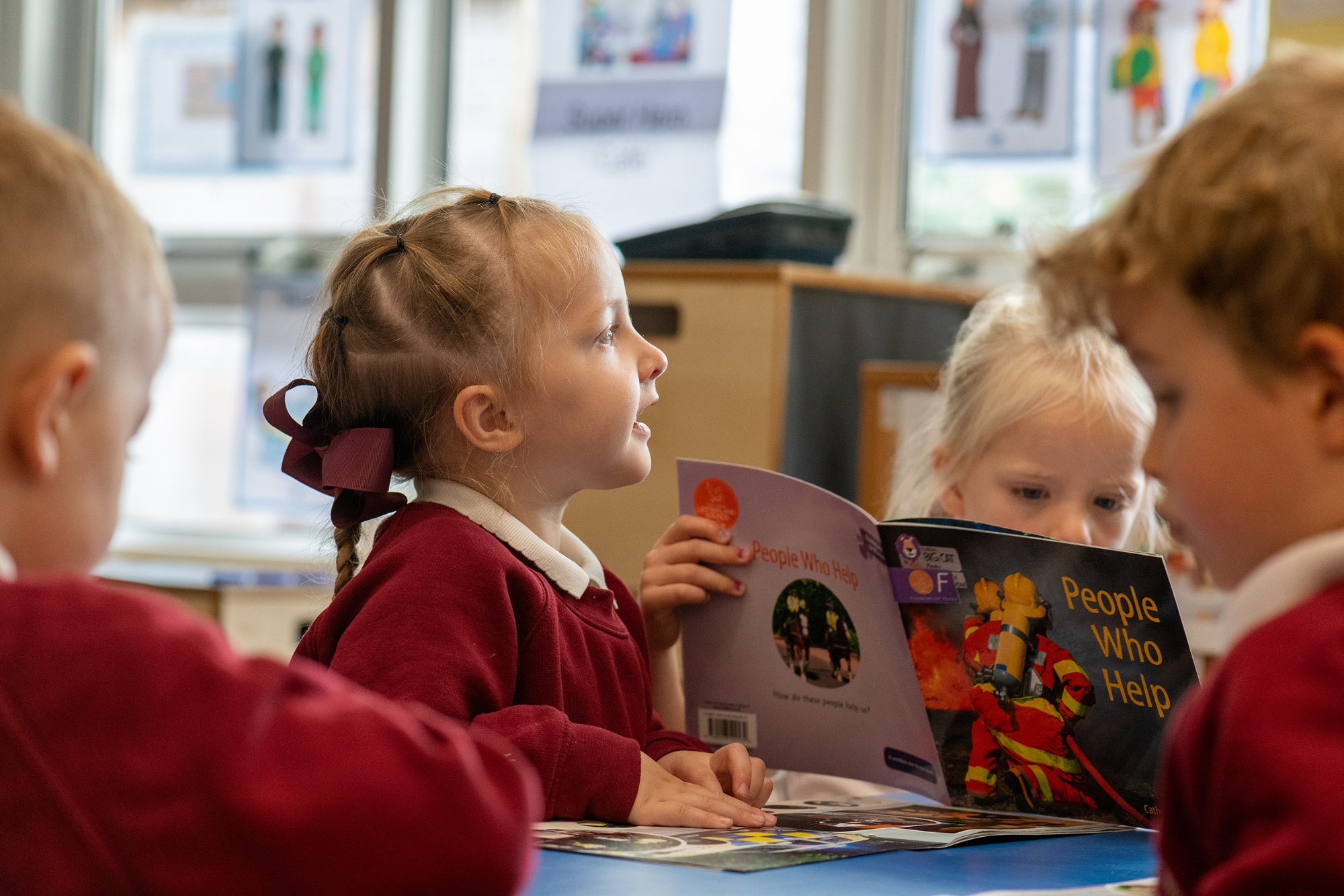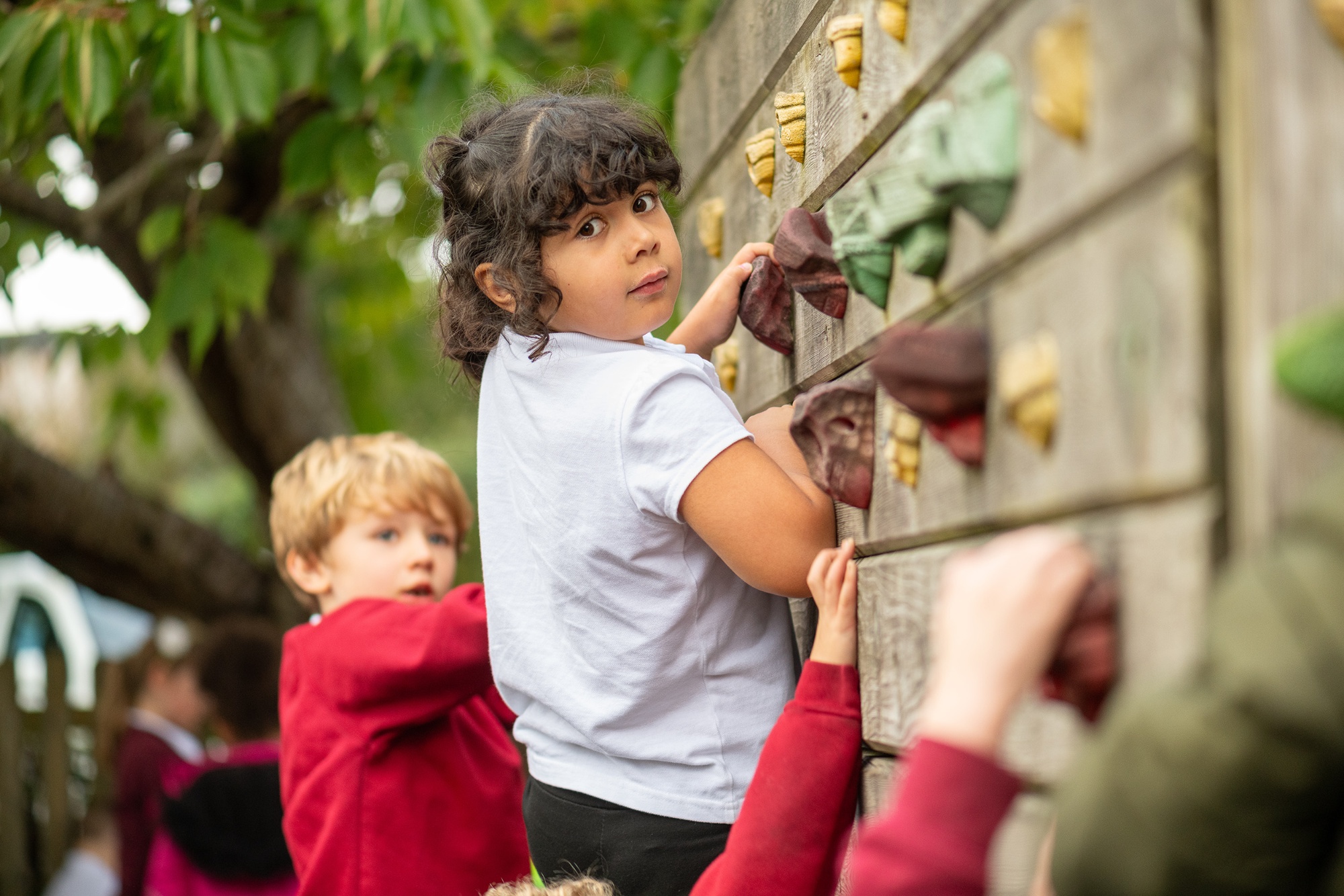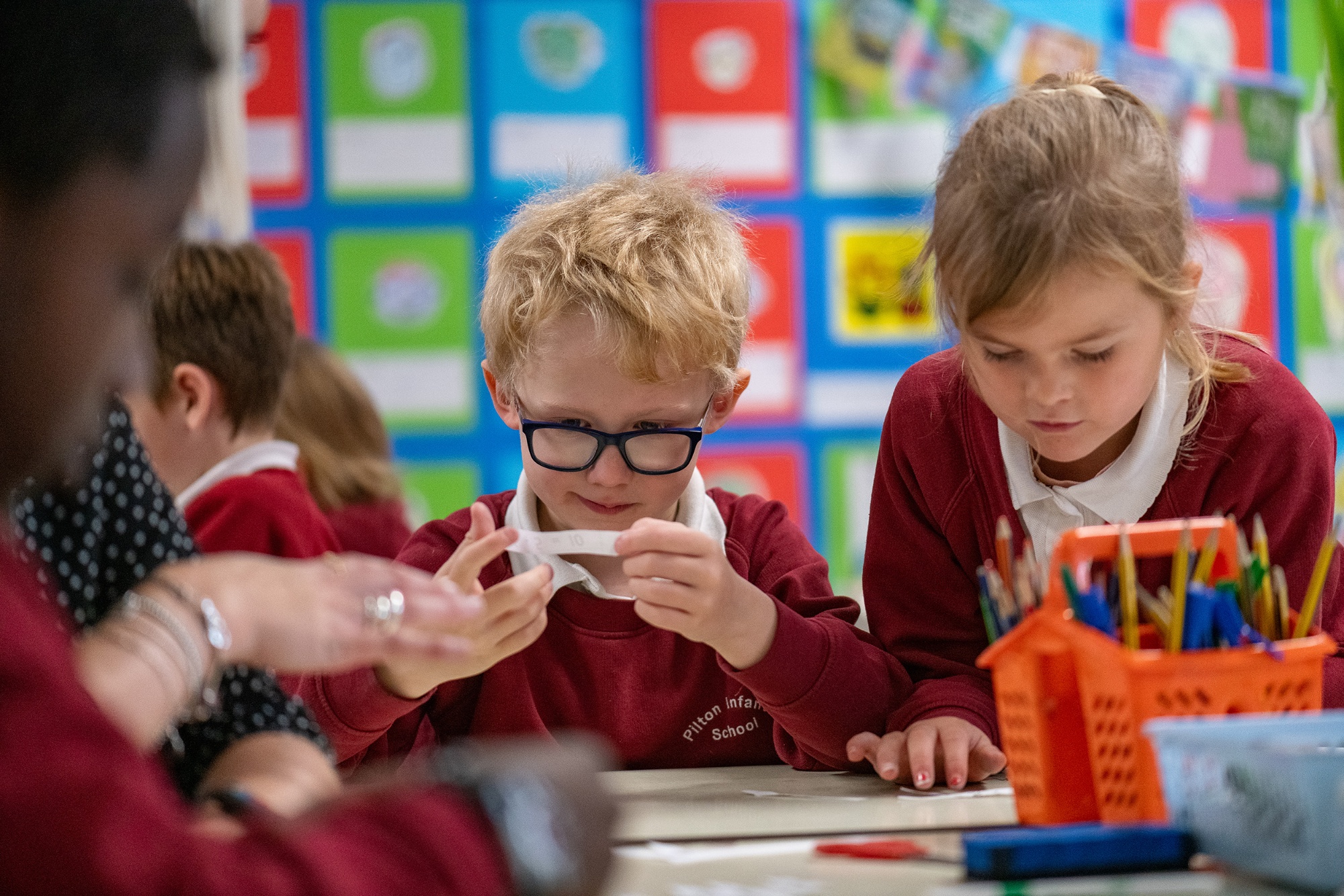Curriculum Impact
At Pilton Infants' School, the impact of our curriculum is measured by how well it enables our children to develop personally, socially, and academically. We aim for all children to leave our school with a strong foundation of skills, knowledge, and positive attitudes that will support their future learning and development.

Academic Achievement and Progress
The impact of our curriculum is reflected in the progress and attainment of our children across all areas of learning. We expect all pupils to make at least good progress from their individual starting points. Regular monitoring and assessment allow us to track this progress closely and ensure that any gaps in learning are identified and addressed promptly. Our end-of-Key Stage 1 results demonstrate that the majority of our children achieve or exceed national expectations in reading, writing, and mathematics.
We aim for children to leave Pilton Infants' School with a secure grasp of basic skills in literacy and numeracy, which provides a strong foundation for their future learning. We also look for evidence that children can apply these skills across different subjects and in real-life contexts, showing that they have a deep understanding of what they have learnt.
Personal Development and Wellbeing
We believe that personal development is as important as academic achievement. We assess the impact of our curriculum on children’s personal development through their behaviour, attitudes, and overall wellbeing. Our children are encouraged to demonstrate resilience, independence, and a positive attitude towards learning. Through our focus on oracy and communication skills, children learn to express themselves clearly, listen to others, and collaborate effectively.
The impact is evident when children demonstrate our core values, such as kindness, perseverance, and respect, both in and out of the classroom. Regular feedback from parents and carers, as well as pupil voice activities, shows that our children feel happy, safe, and confident at school, which is essential for effective learning.

Breadth of Knowledge and Experiences
We aim for our children to leave Pilton Infants' School with a broad knowledge of the world around them, both locally and globally. The impact of our curriculum is seen in how well children understand key concepts across subjects, make connections between different areas of learning, and retain knowledge over time.
We also look at how children apply their learning in different contexts, demonstrating creativity, critical thinking, and problem-solving skills. Our curriculum's impact is further shown through the rich experiences we provide, such as educational visits, themed days, and outdoor learning opportunities, which enhance children’s understanding and engagement.
Preparation for the Next Stage of Education
A key measure of our curriculum's impact is how well-prepared our children are for the next stage of their education. We aim for all children to transition smoothly to Key Stage 2, equipped with the confidence, skills, and knowledge they need to thrive. We work closely with local junior schools to ensure that our children are ready to meet new challenges and continue their educational journey successfully.
Our children leave Pilton Infants' School as enthusiastic, curious learners who are eager to continue their education and make a positive contribution to their communities.

Community and Parental Feedback
The impact of our curriculum is also reflected in the feedback we receive from parents, carers, and the wider community. We regularly gather feedback through surveys, parent-teacher meetings, and community events. Positive feedback regarding children’s enthusiasm for learning, their personal growth, and their achievements demonstrates the effectiveness of our curriculum.
By fostering strong partnerships with parents and carers, we ensure that the impact of our curriculum extends beyond the classroom, supporting children’s development at home and within the community.
Continual Improvement
We are committed to continually evaluating and improving our curriculum to ensure it meets the needs of all our learners. We use a variety of methods, including data analysis, lesson observations, and discussions with staff and pupils, to review and refine our approach. Our goal is to provide the best possible education for our children, preparing them for a lifetime of learning and success.

